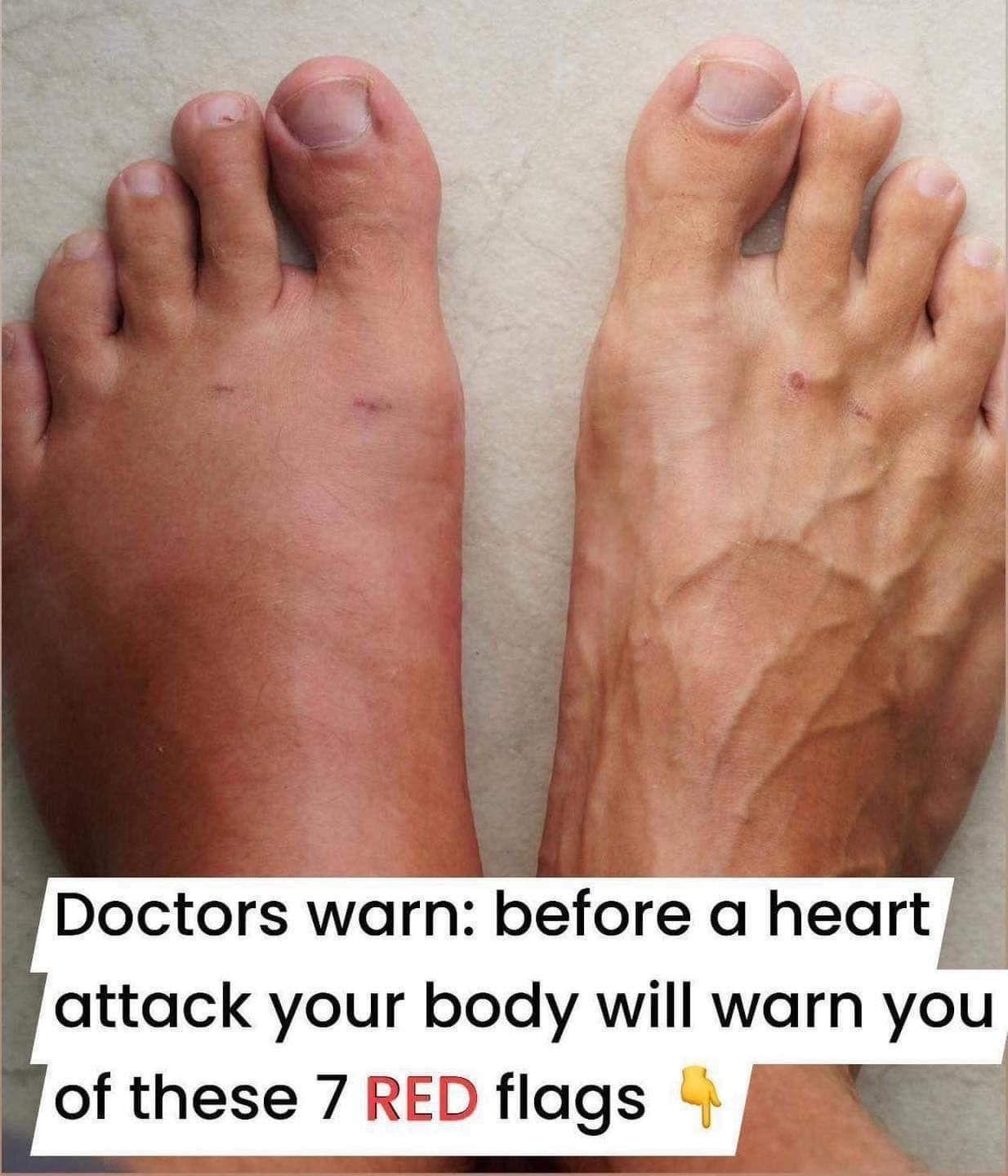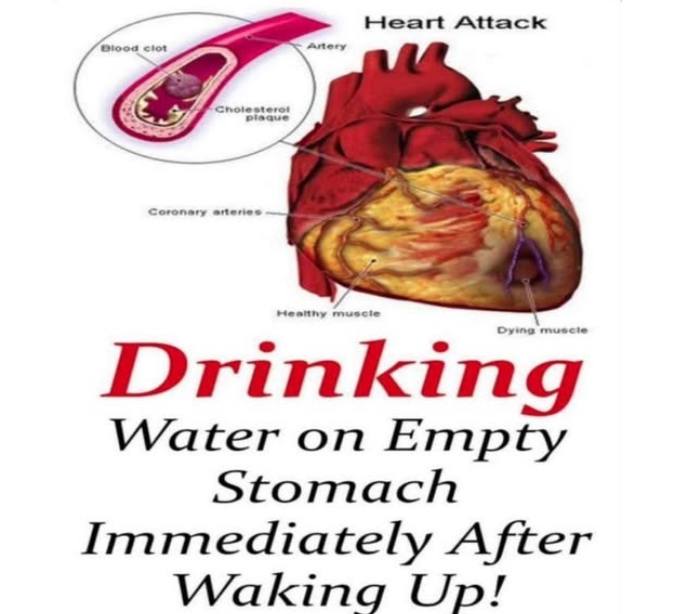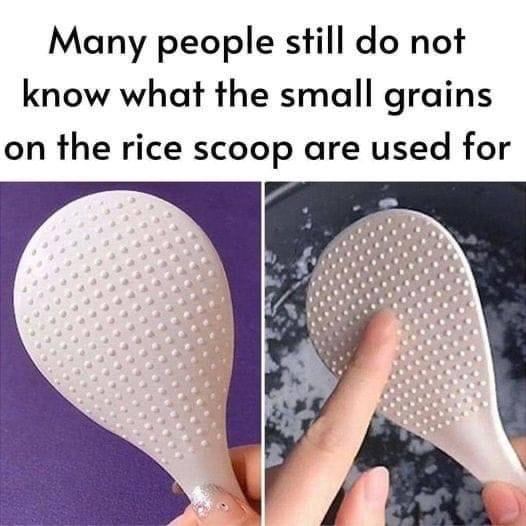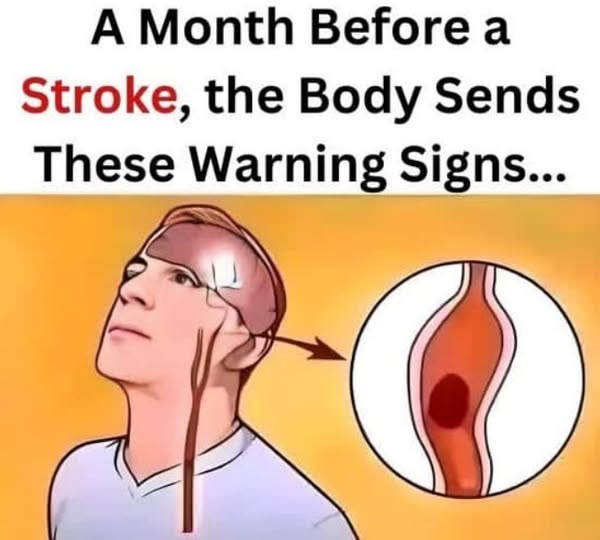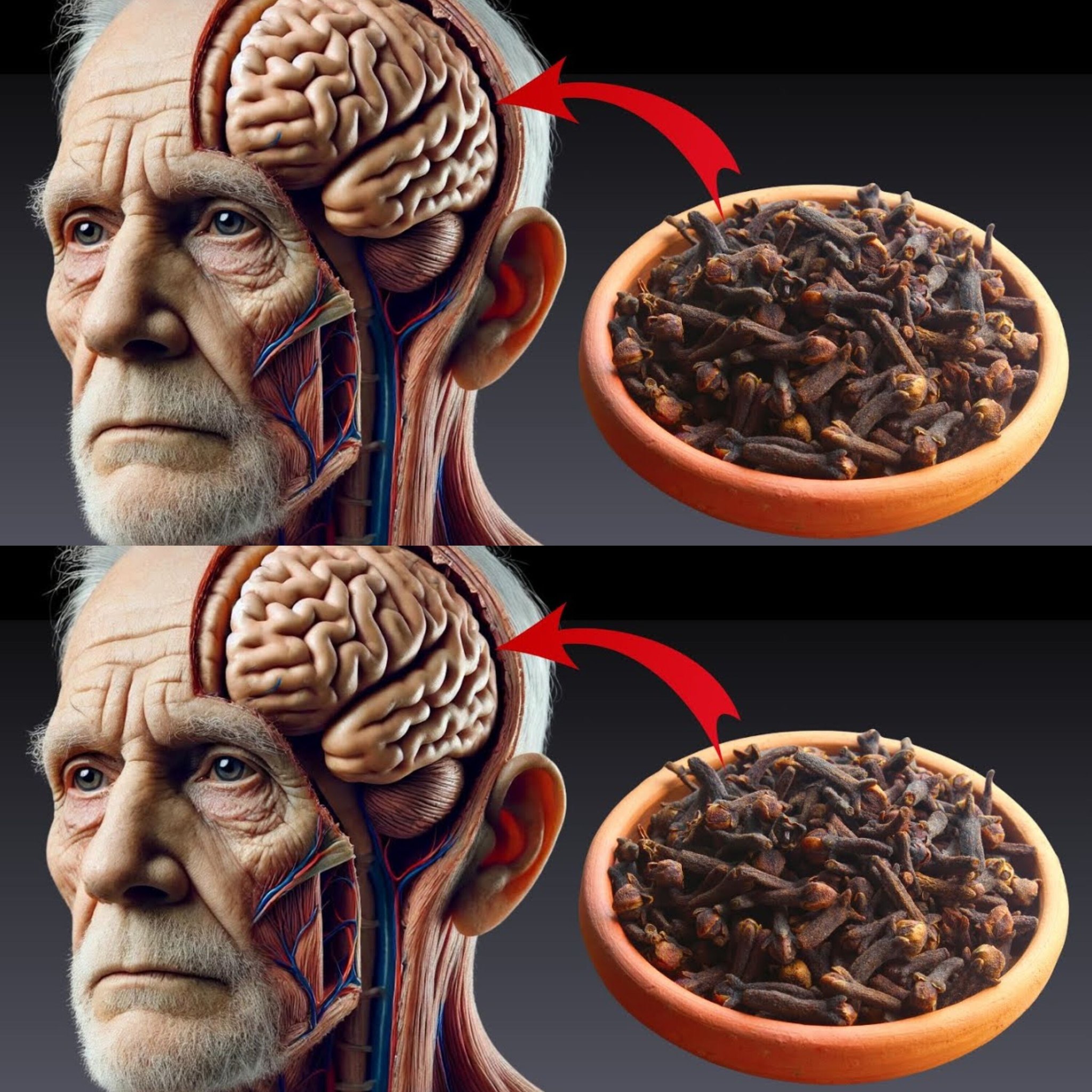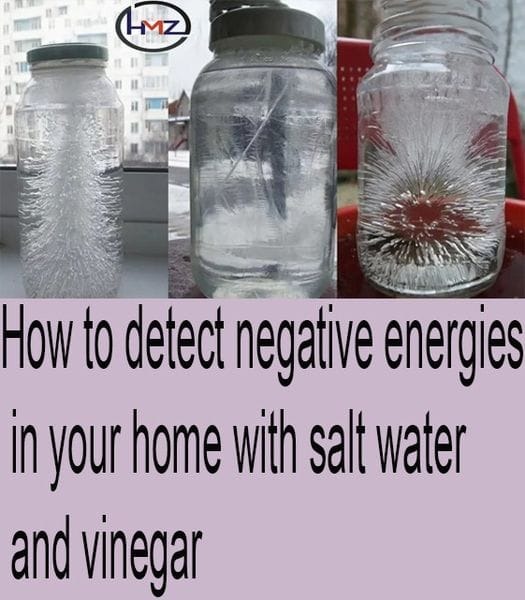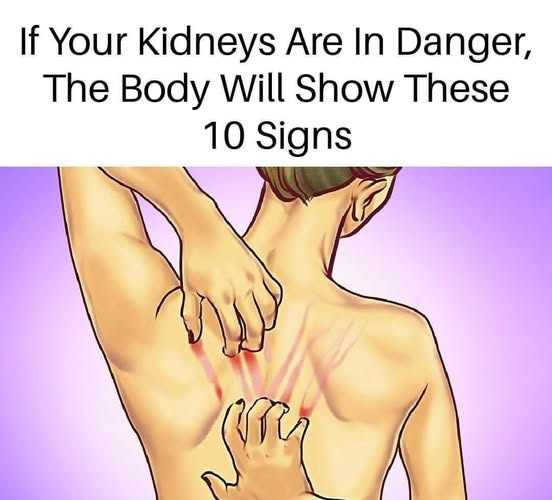
Kidney disease is a serious health condition impacting millions of people globally. It arises when the kidneys sustain damage and can no longer function effectively.
As vital organs, the kidneys are responsible for maintaining the balance of fluids and electrolytes in the body while filtering waste products from the blood. Detecting and treating kidney disease early is crucial to prevent further harm and potential complications.
Fortunately, your body often provides warning signs when something is wrong with your kidneys. Recognizing these signals and seeking medical attention promptly can make a significant difference in your health.
Understanding the Role of the Kidneys
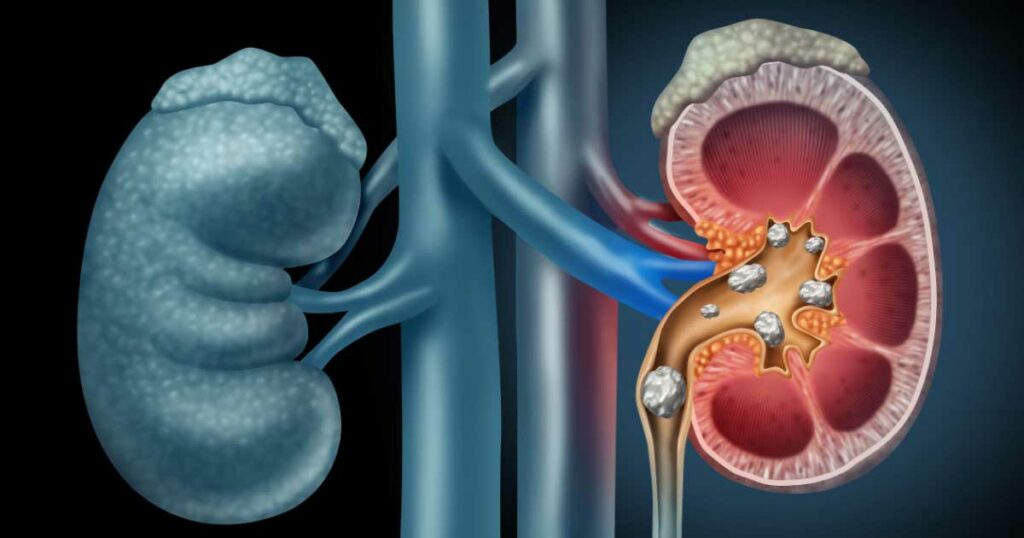
The kidneys are a pair of small, bean-shaped organs positioned on either side of the spine, just beneath the ribcage. Their primary role is to filter the blood, eliminating waste products and excess fluids from the body.
In addition to filtration, the kidneys regulate blood pressure, support red blood cell production, and maintain the balance of essential electrolytes like sodium, potassium, and calcium. Healthy kidneys filter approximately 120 to 150 quarts of blood each day, producing 1 to 2 quarts of urine as a result. (1)
What is Kidney Disease?
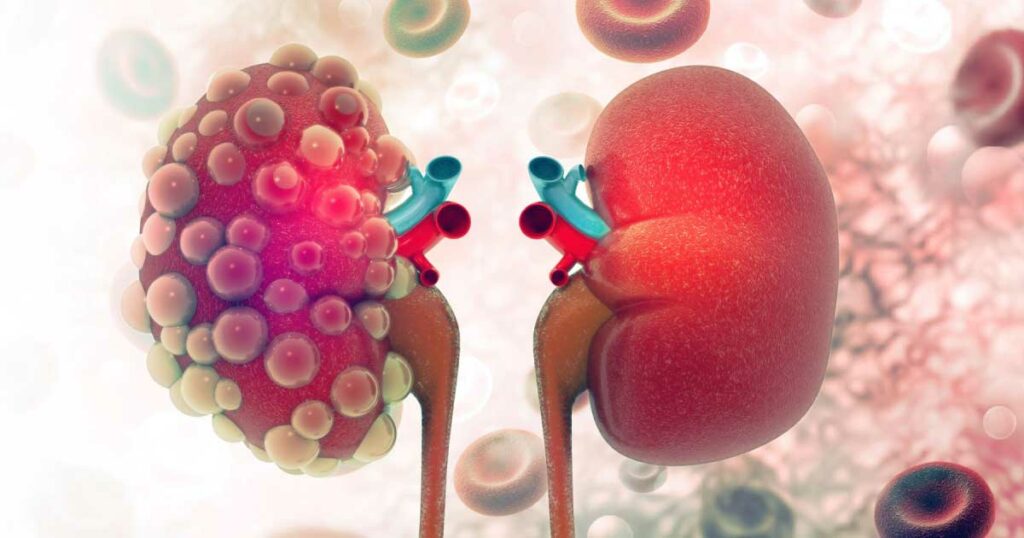
Kidney disease, also known as renal disease, occurs when the kidneys sustain damage and are no longer able to function optimally. There are various causes of kidney disease, including high blood pressure, diabetes, infections, autoimmune disorders, and genetic factors.
Over time, kidney disease can progress and lead to kidney failure, requiring dialysis or a kidney transplant. Early detection is critical to prevent further damage and manage the condition effectively.
Read more: If you observe these signs on your body, seek medical advice without delay.
Signs of Kidney Disease
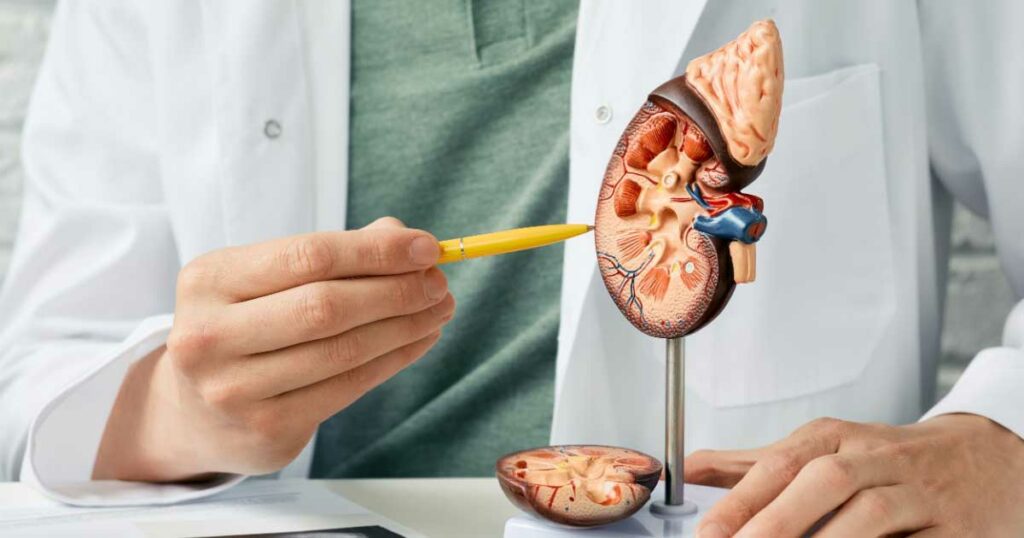
One of the hardest parts about kidney disease is that many people don’t catch it until it is already quite advanced. Thankfully, the body does send signs that the kidneys are in trouble. If you notice these, you can go to your healthcare practitioner to hopefully solve the problem before it becomes worse. These are 10 signs your body is telling you that your kidneys are in danger. (2, 3, 4)
1. Changes in Urination
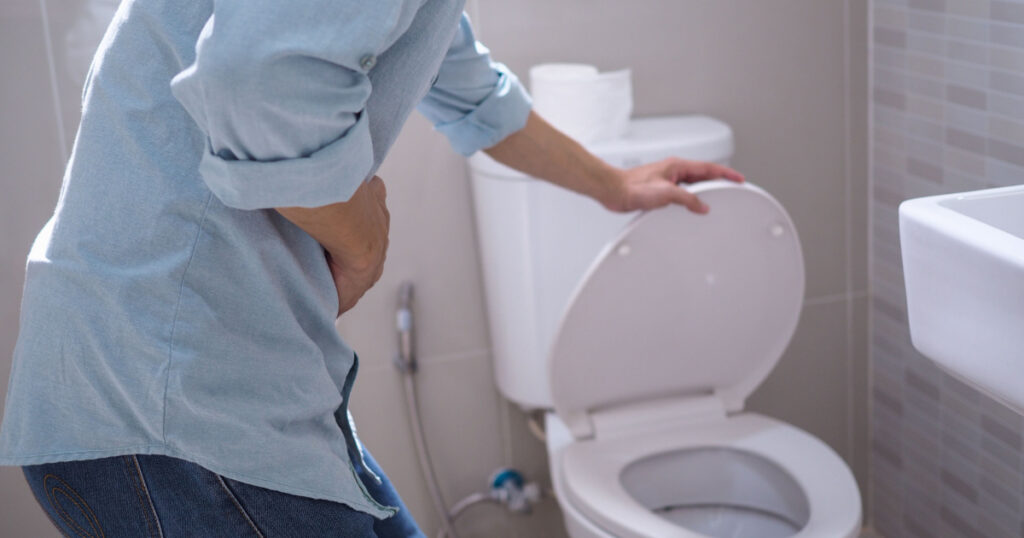
One of the earliest signs of kidney disease is changes in urine production. You may notice increased frequency of urination, especially during the night. On the other hand, you may experience decreased urination or foamy urine.
2. Fatigue and Weakness

Kidney disease can lead to anemia, a condition characterized by low red blood cell count. This can result in persistent fatigue, weakness, and difficulty concentrating.
3. Swelling
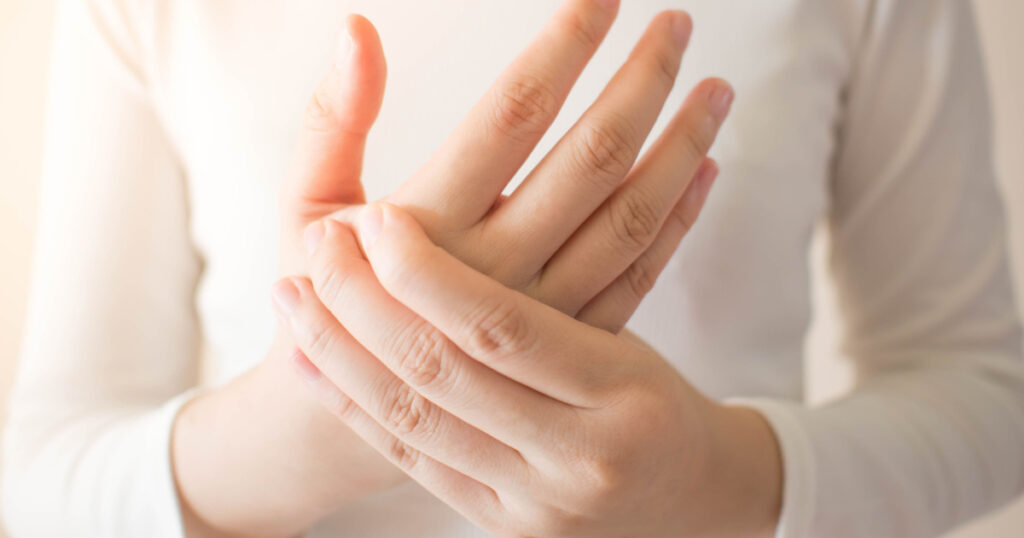
Excessive fluid buildup in the body, known as edema, commonly occurs with kidney disease. Swelling can affect the legs, hands, face, and even the abdomen.
4. Persistent Back Pain

Kidney disease can cause back pain, usually felt just below the ribcage. The pain may be severe and persistent, often accompanied by tenderness. This will often accompany a urinary tract infection that has gone untreated.
5. Unexplained Weight Loss or Loss of Appetite

If you experience unexplained weight loss or a decrease in appetite, it may be a sign of kidney disease. This occurs due to the build-up of waste products in the body and a loss of appetite.
6. Nausea and Vomiting
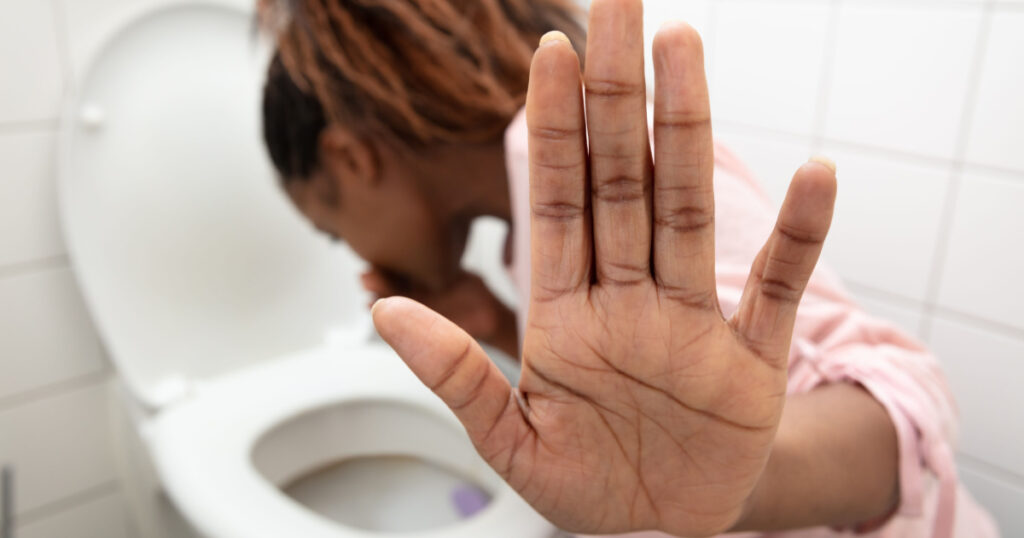
Kidney disease can cause a feeling of nausea and may lead to episodes of vomiting. This can be especially prominent in the morning or after meals.
7. Difficulty Sleeping

People with kidney disease often report trouble sleeping. This may be attributed to nighttime muscle cramps, restless leg syndrome, or frequent urination.
8. Metallic Taste in the Mouth

A persistent metallic taste in the mouth can be indicative of kidney disease. This is due to the build-up of waste products in the blood.
9. Muscle Cramps and Twitching

Electrolyte imbalances, such as low potassium and calcium levels, can cause muscle cramps and twitching. These symptoms may be associated with kidney disease.
10. Itchy Skin

Kidney disease can lead to an accumulation of toxins in the blood, causing itchy skin. This is often generalized and not limited to a specific area.
It is important to note that these symptoms may vary depending on the stage and severity of kidney disease. If you experience any of these signs, it is essential to consult with a healthcare professional for further evaluation and appropriate management.
Read more: Experience the Power of Clove Tea: Uncover the Incredible Benefits of Boiling Cloves
